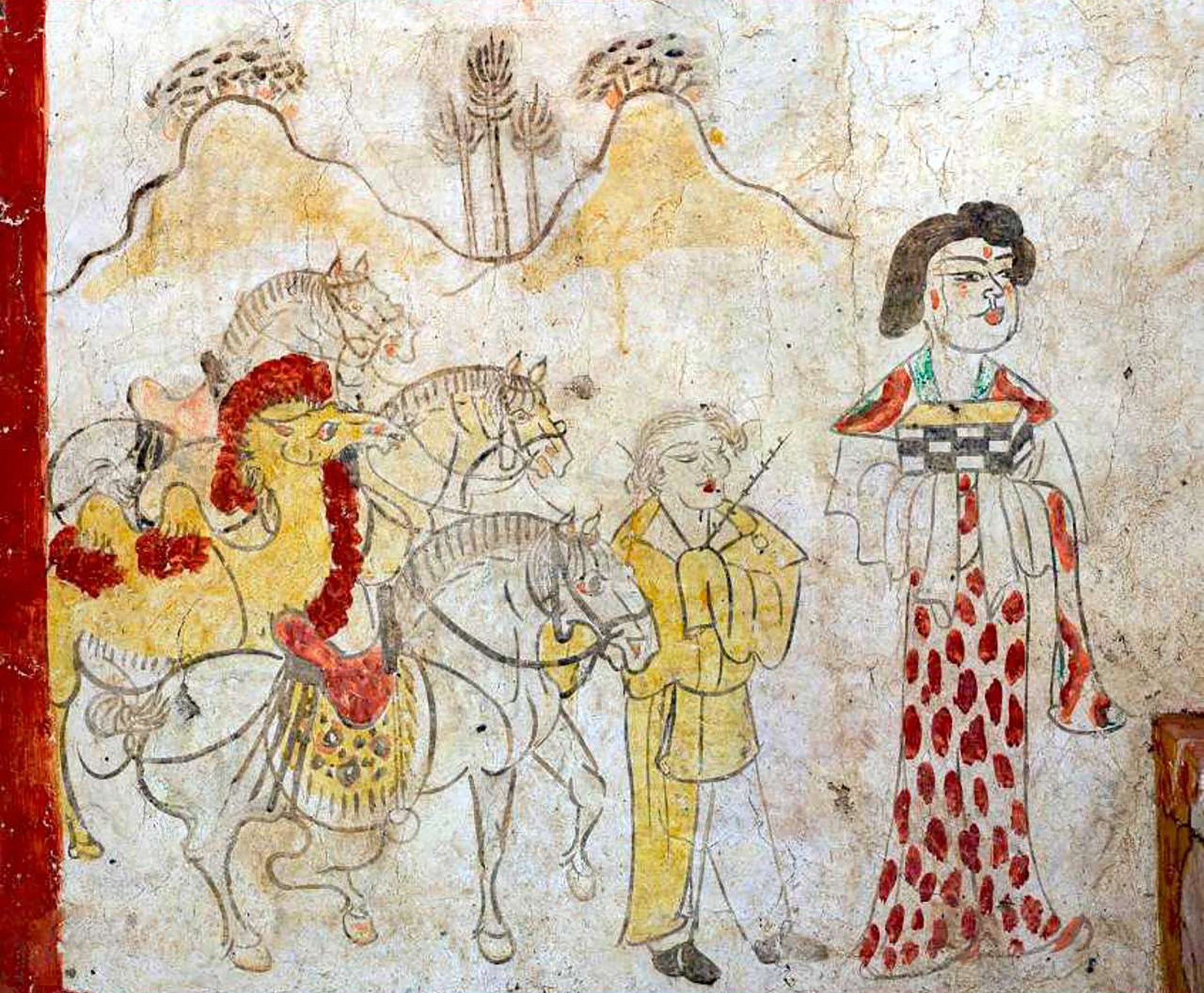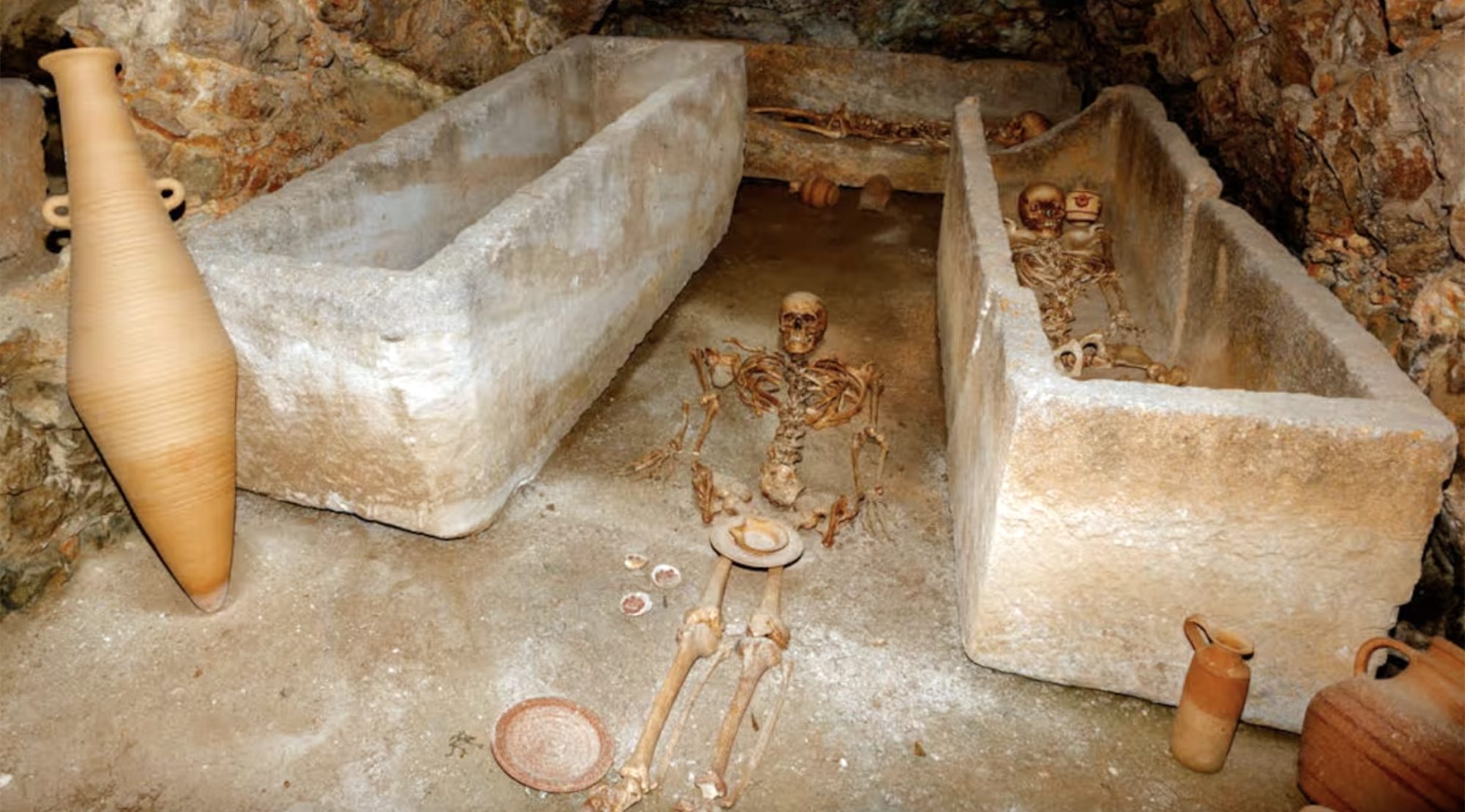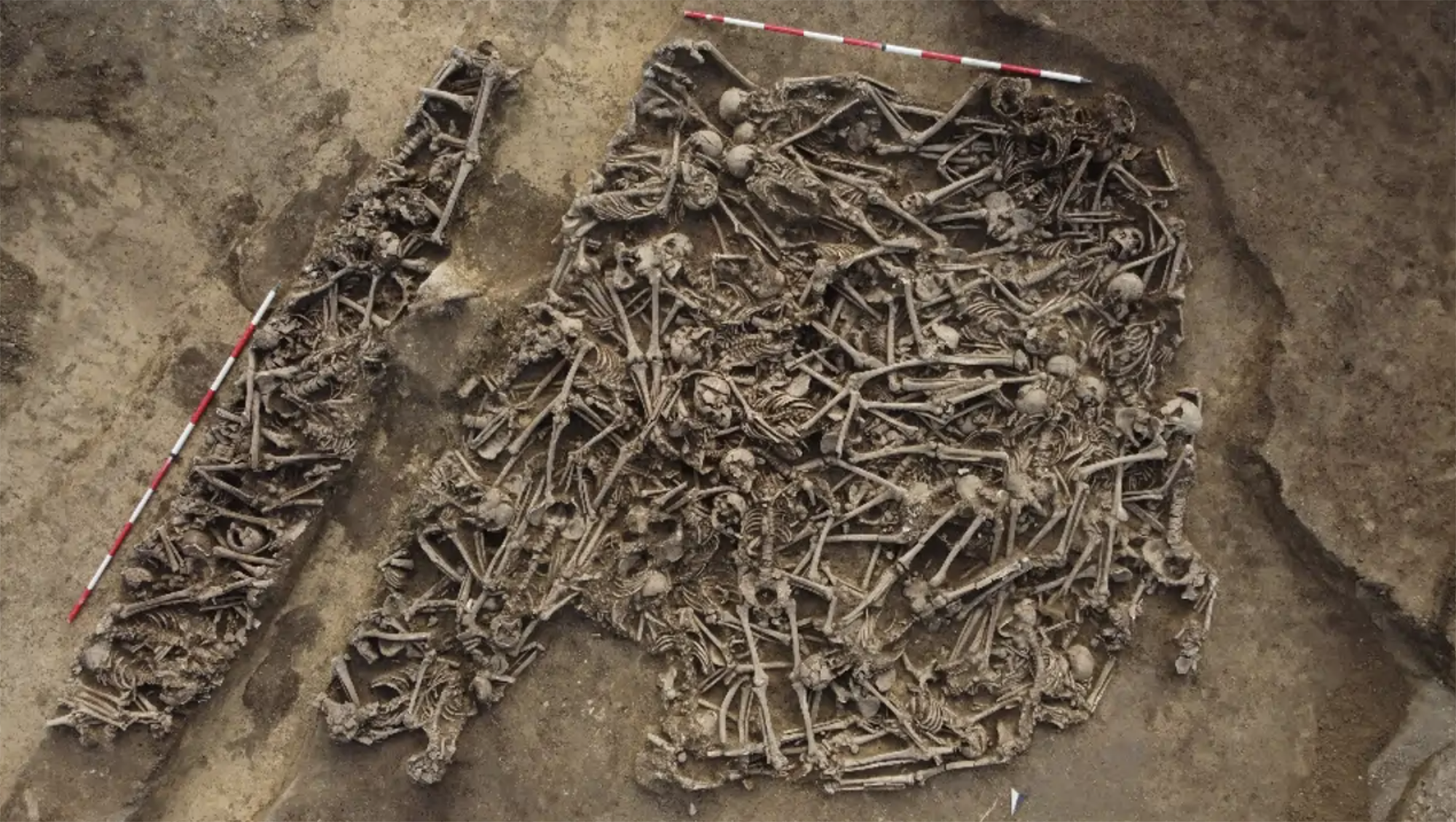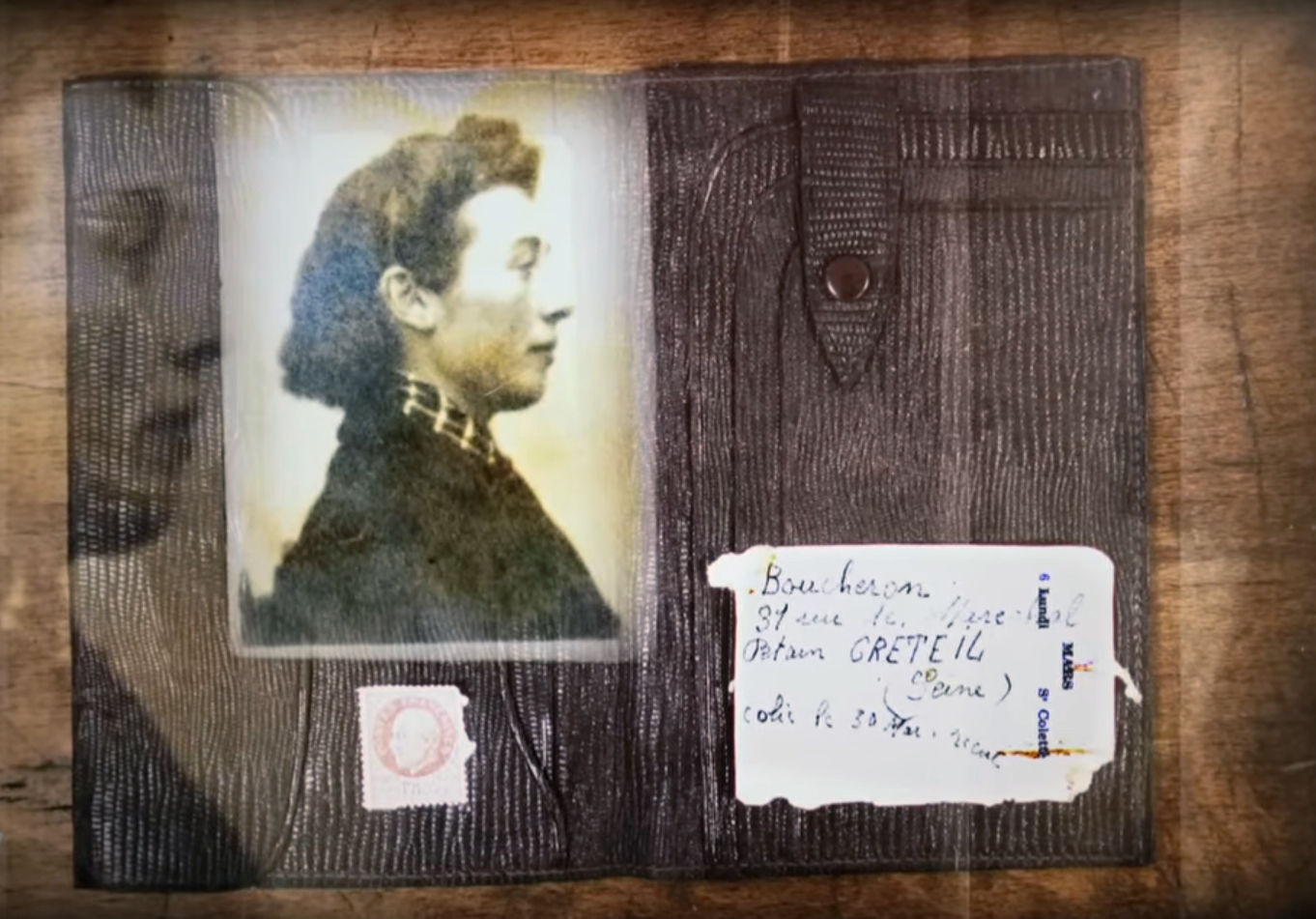Demosthenes, precursor of corrupt politicians

Athens, c. 384. Demosthenes, one of the most important politicians in Athens and one of the leading speakers in history, was born. In his brilliant career, however, he also had shadows, at least if he heard the writer Aulo Gelio. - Oh, good! The Roman writer of the second century, Noctes Atticae (Athlete Nights), collected a story attributed to the Greek philosopher Cristolao with the title History of the ambassadors of Miletus and of the speaker Demosthenes. The account reports that on one occasion a group of diplomats from the city of Miletus addressed Demosthenes to ask for help and explain a question of state.
After the explanations of the lawyers who had been hired to defend the Miletus, Demosthenes' response was harsh; the citizens of Miletus did not deserve any help. In view of the course of the meeting, they decided to resume the conversation the following day.
Without waiting for the next meeting, that very night, the delegates of Miletus came to the house of Demosthenes to ask him not to continue talking badly about the milesians the next day. Demosthenes placed an economic condition to satisfy the will of the guests, who paid to the Athenian the requests of the ambassadors, after having promised that he would say nothing wrong.
And he fulfilled his word, albeit strangely: he appeared to the meeting with a long collar wrapped in his neck – other sources say he had his head covered with a layer – and he covered his mouth with his hand to indicate that he was not able to speak for anginas. Everyone in the room did not believe in the false excuse and someone reproached him that the anginas were not the ones that really did not allow him to speak, that the silver that they had given him for keeping silence squeezed his throat.
The story doesn't end there. One more day, Desmostenes met Athenian actor Aeistodemo. The politician asked him how much money he had received for a certain performance and the well-known tragedy actor replied: “a talent.” “Well, I received a lot more for quiet,” Demosthenes replied.
Therefore, the politician who stood out for his honesty staged one of the first cases of corruption in history.
The truth is that Aulo Gelio himself collects in his work Noctes Atticae that Cayo Senpronio Graco told a very similar story – if not the same story – about another Athenian politician, Demades. Demades did not have the prestige of Demosthenes, a treacherous and unscrupulous politician in the eyes of his contemporaries. Is it possible, then, to confuse the names and attribute to Demosthenes, who he believed to be pure, the sin of that rotten Demades? Experience has shown that both are more likely to be corrupt.
Demosthenes is one of the oldest corruption cases that have been recorded, but that does not mean that no previous cases have been recorded. Demosthenes was probably not the first. And of course, the last one either.
In the Chinese province of Shanxi, in a tomb of the Tang dynasty, paintings depicting scenes from the daily lives of the dead are found. In one of these scenes a blonde man appears. Looking at the color of the hair and the facial expression, archaeologists who have studied the... [+]
Carthage, from B.C. Around the 814. The Phoenicians founded a colony and the dominant civilization in the eastern Mediterranean spread to the west. Two and a half centuries later, with the decline of the Phoenician metropolis of Tyre, Carthage became independent and its... [+]
Salvador Puig Antich frankismoaren kontrako militantea izan zen. Askapen Mugimendu Iberikoko kidea, 1973ko irailaren 25ean atxilotu zuten. Gerra-kontseilua egin zioten, eta garrotez exekutatu zuten handik sei hilabetera, 1974ko martxoaren 2an. Aurtengo otsailean baliogabetu du... [+]
Rudolf Botha hizkuntzalari hegoafrikarrak hipotesi bat bota berri du Homo erectus-i buruz: espezieak ahozko komunikazio moduren bat garatu zuen duela milioi bat urte baino gehiago. Homo sapiens-a da, dakigunez, hitz egiteko gai den espezie bakarra eta, beraz, hortik... [+]
Böblingen, Holy Roman Empire, 12 May 1525. Georg Truchsess von Waldburg overthrew the Württemberg insurgent peasants. Three days later, on 15 May, Philip of Hesse and the Duke of Saxony joined forces to crush the Thuringian rebels in Frankenhausen, killing some 5,000 peasants... [+]
During the renovation of a sports field in the Simmering district of Vienna, a mass grave with 150 bodies was discovered in October 2024. They conclude that they were Roman legionnaires and A.D. They died around 100 years ago. Or rather, they were killed.
The bodies were buried... [+]
Washington, D.C., June 17, 1930. The U.S. Congress passed the Tariff Act. It is also known as the Smoot-Hawley Act because it was promoted by Senator Reed Smoot and Representative Willis Hawley.
The law raised import tax limits for about 900 products by 40% to 60% in order to... [+]





















